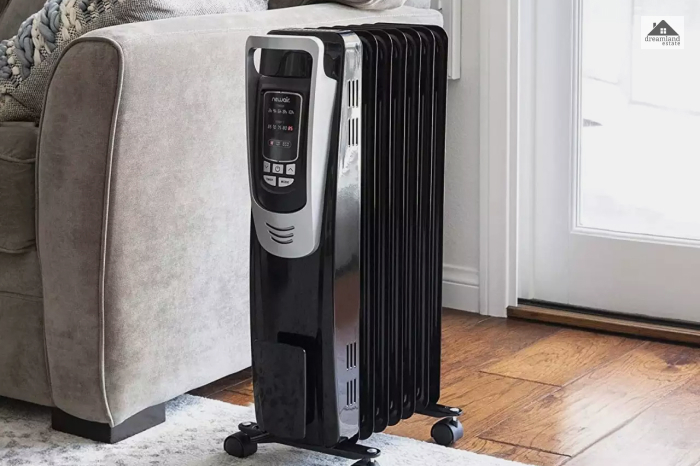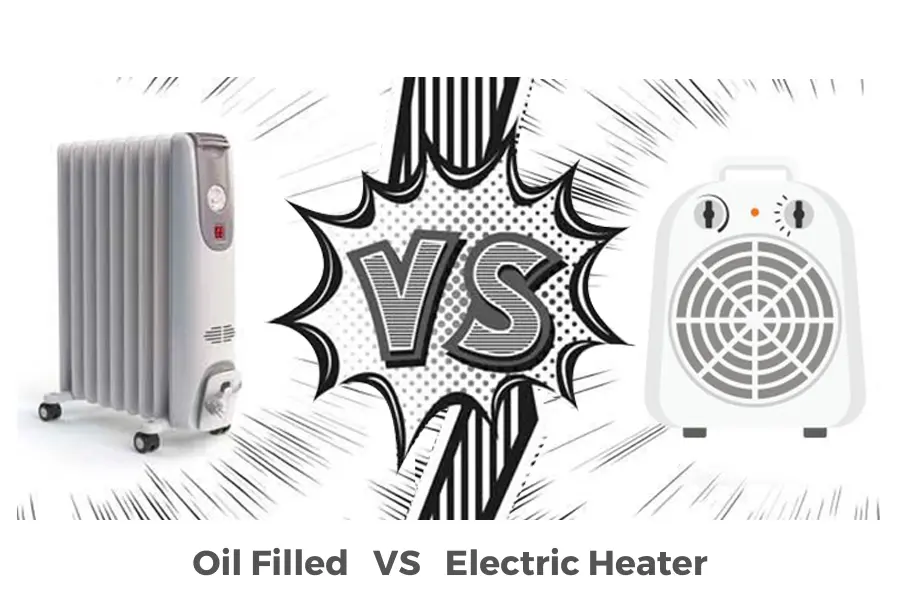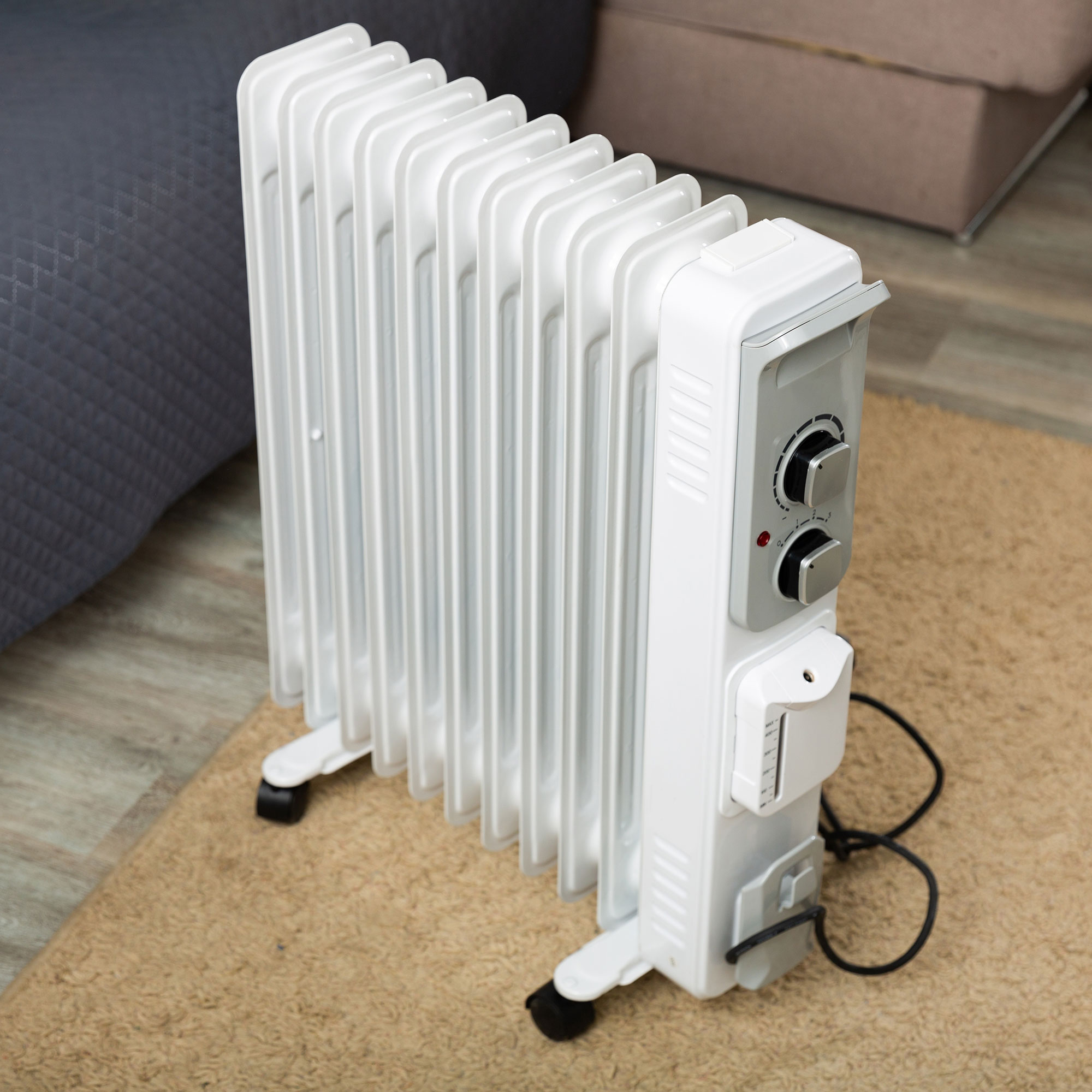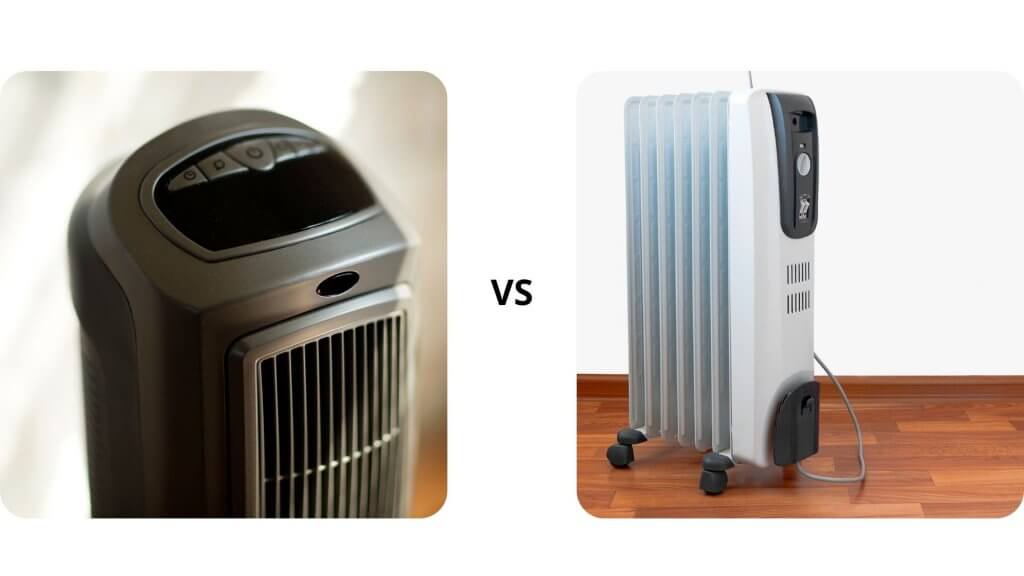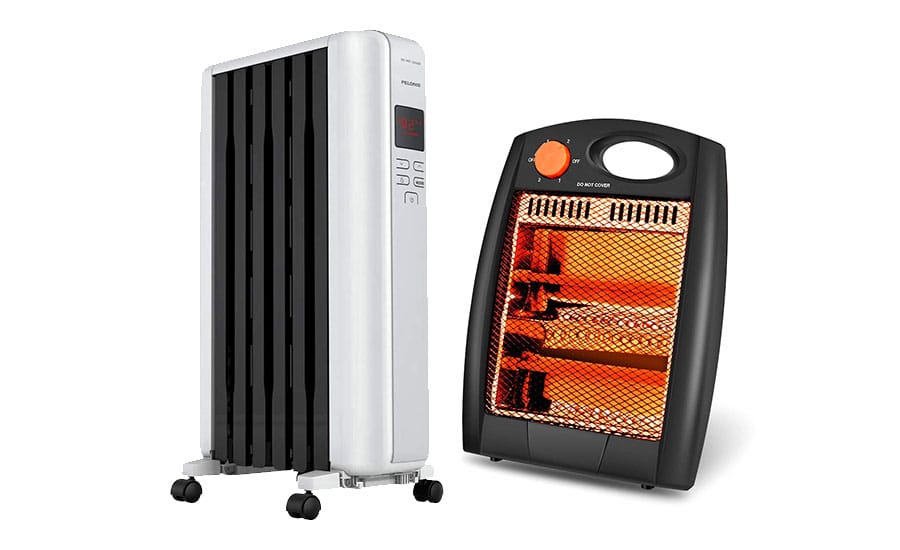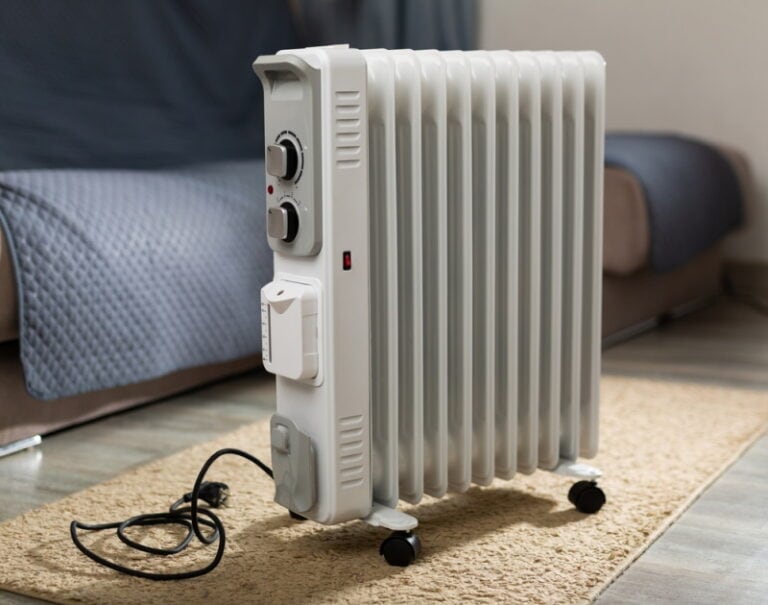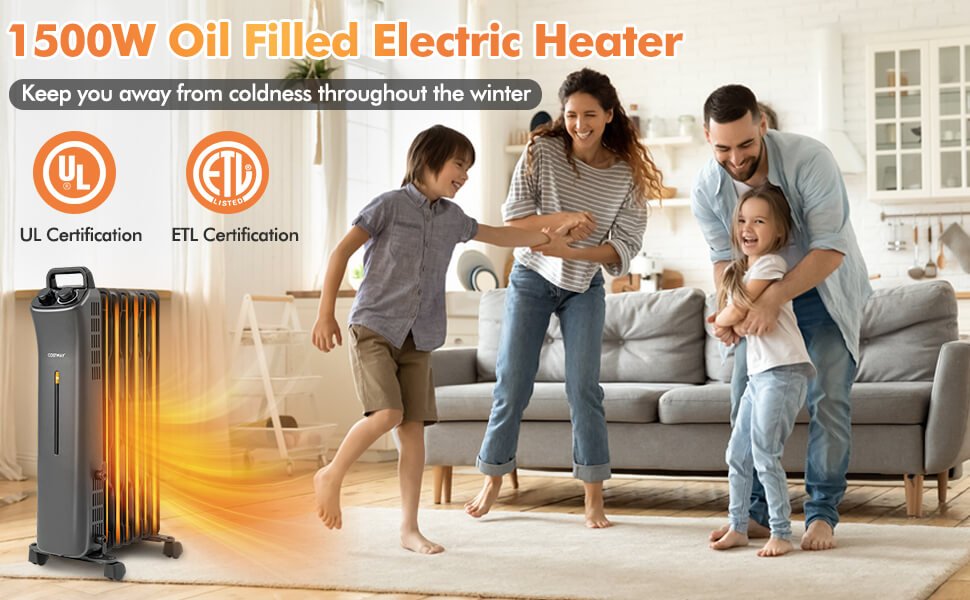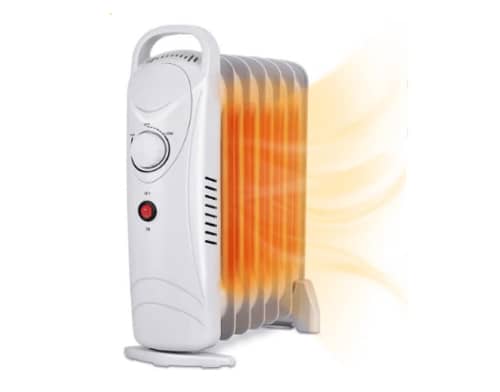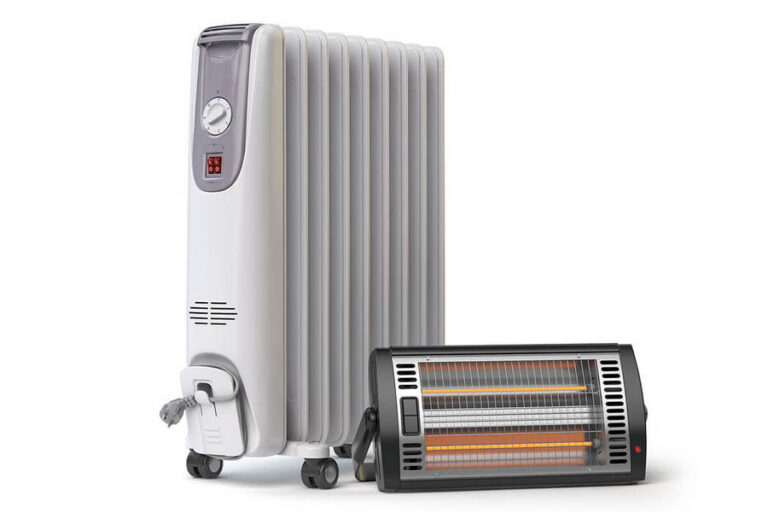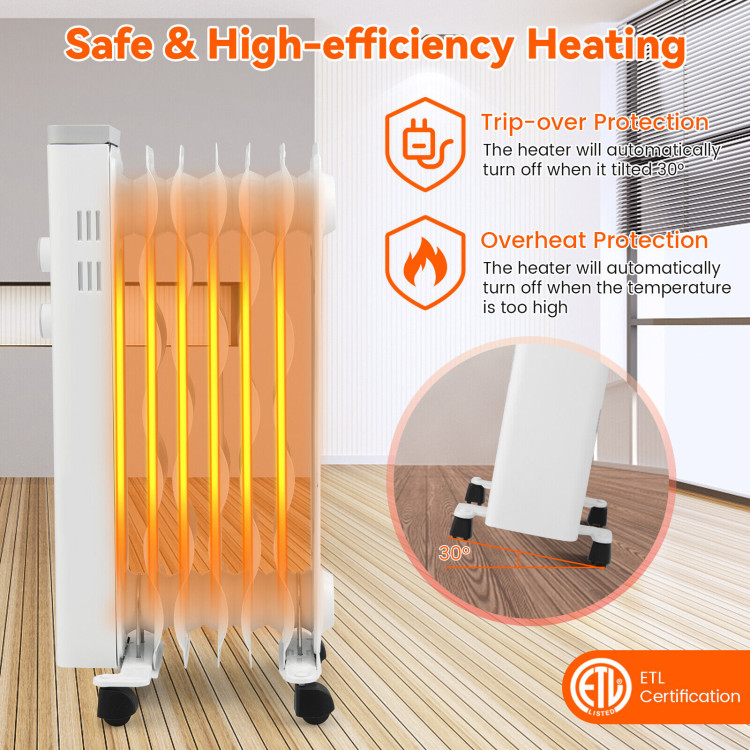Oil Filled Space Heaters Pros And Cons

Imagine the crisp air of a late autumn evening nipping at your cheeks as you step inside, the scent of cinnamon and pine mingling in the air. You flick on the oil-filled space heater nestled discreetly in the corner, a gentle hum filling the silence as a wave of warmth gradually envelops the room, chasing away the lingering chill. It's a comforting scene played out in countless homes, but is this quiet guardian of cozy evenings truly the best choice for heating your space?
Oil-filled space heaters offer a unique approach to supplemental heating, promising steady warmth and energy efficiency. This article delves into the pros and cons of these popular appliances, helping you decide if an oil-filled heater is the right fit for your needs, weighing factors from energy use and safety to heating performance and convenience.
The Inner Workings of Warmth
Oil-filled heaters, despite their name, don't actually burn oil. Instead, they use electricity to heat a diathermic oil sealed within the unit. This heated oil then radiates warmth into the surrounding environment, providing a consistent and lingering heat source.
The design allows the unit to maintain a stable temperature with less energy consumption compared to some other types of space heaters. Once the oil is heated, it retains warmth for a considerable time, releasing it gradually even after the unit shuts off.
Pros: A Symphony of Advantages
One of the most lauded benefits of oil-filled heaters is their energy efficiency. According to the U.S. Department of Energy, radiant heaters, like oil-filled models, can be more efficient at heating specific areas, potentially saving you money on your energy bill.
They also operate silently, offering a peaceful heating solution without the distracting fan noise associated with other types of heaters. This makes them ideal for bedrooms, offices, or any space where a quiet environment is desired.
Safety is another key advantage. Because the heating element is enclosed and the surface temperature is typically lower than that of a traditional space heater, the risk of burns is reduced. Many models also include safety features like tip-over switches and overheat protection.
Cons: Addressing the Drawbacks
While oil-filled heaters offer numerous benefits, they are not without their drawbacks. One of the primary concerns is their slower heating time.
It can take a considerable amount of time for the oil to heat up and for the unit to reach its full heating potential. This can be a disadvantage if you need immediate warmth.
Another potential downside is their size and weight. Oil-filled heaters tend to be bulkier and heavier than other types of space heaters, making them less portable and more difficult to store. Their price may be higher when compared to fan-forced models.
Making the Informed Choice
The decision of whether or not to invest in an oil-filled space heater ultimately depends on your individual needs and priorities. Consider the size of the space you need to heat, your budget, and your tolerance for slower heating times.
If you value silent operation, consistent warmth, and a relatively safe heating option, an oil-filled heater may be a worthwhile investment. Weigh these factors against the potential drawbacks, and you'll be well-equipped to make an informed decision.
In the end, the best heating solution is the one that effectively meets your needs while prioritizing safety and energy efficiency. As you prepare for colder days, consider the subtle hum and gentle warmth offered by an oil-filled space heater, and whether it aligns with your vision of a cozy and comfortable home.
![Oil Filled Space Heaters Pros And Cons Oil Filled Heater vs Electric Heater [Pros & Cons] - YouTube](https://i.ytimg.com/vi/n7TJARyj5KM/maxresdefault.jpg)
![Oil Filled Space Heaters Pros And Cons Oil Filled Heater Vs Electric Heater [Pros & Cons] | Oil heater, Heater](https://i.pinimg.com/originals/0e/5b/04/0e5b0417bf063d5f6cdc51072015b393.jpg)

